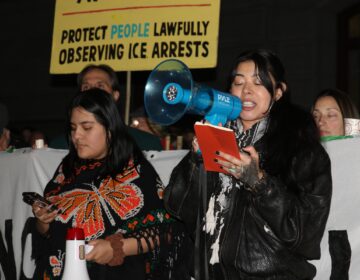Philly Zoo euthanizes polar bear Coldilocks after 37 years
At 37, Coldilocks outlived most polar bears, whose typical lifespan is 23 years. She was euthanized after suffering from several age-related ailments.
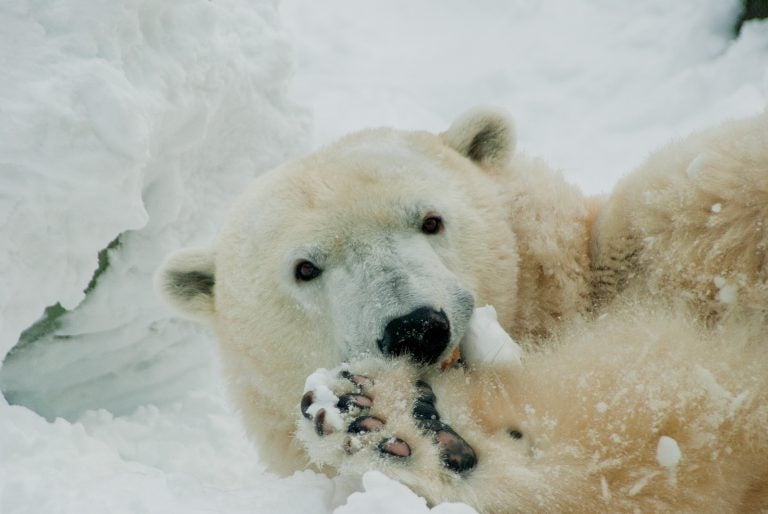
Coldilocks the polar bear (courtesy of The Philadelphia Zoo)
Coldilocks, the oldest polar bear in the country, has died, the Philadelphia Zoo announced today.
Zoo veterinarians euthanized the 37-year-old female bear after her health seriously declined recently due to age-related ailments, zoo spokeswoman Dana Lombardo said.
“Zoo animal-care staff had become increasingly concerned about Coldilocks, as she began showing worsening changes in her behavior and appetite,” Lombardo said in a statement. “As with any aging animal, the veterinary staff worked closely with her caretakers to monitor her quality of life. Making the decision to euthanize an animal is never easy, especially one as beloved as Coldilocks, but after observing her the past week and examining her on Monday morning under anesthesia, they reached a consensus that euthanasia was the most humane option.”
Coldilocks lived far longer than typical polar bears, who have an average lifespan of 23 years, the zoo said.
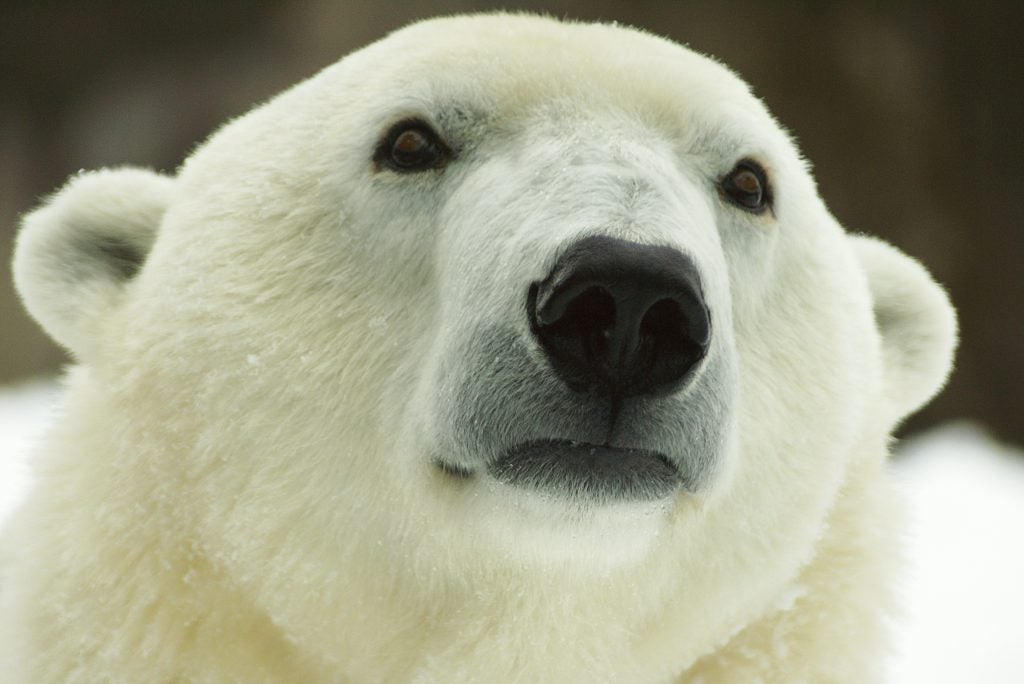
She was born in December 1980 at the Seneca Park Zoo in Rochester, New York, and moved 10 months later to the Philadelphia Zoo.
“Coldilocks will be greatly missed,” said Andy Baker, the zoo’s chief operating officer. “For more than three decades, Coldilocks brought attention to the issues facing polar bears in the wild, including climate change and its growing negative impact on arctic ice.”
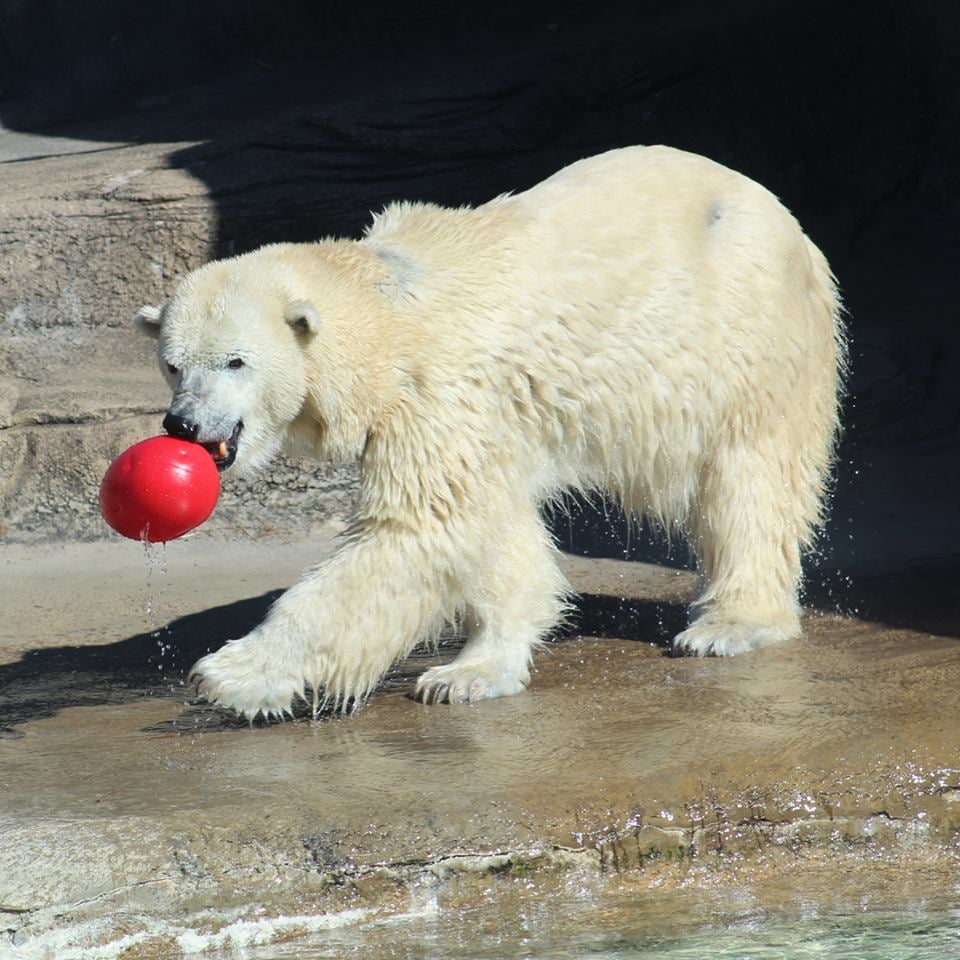
Polar Bears International, a group that works to protect polar bears and the sea ice they depend on, mourned Coldilocks too.
“Bears like Coldilocks serve as ambassadors for their wild cousins, helping to draw attention to climate change and sea ice loss in the Arctic — and motivating people to act,” said Krista Wright, the nonprofit’s executive director. “Unless we reduce the carbon emissions that are causing the planet to warm, we could lose wild bears by the end of the century.”
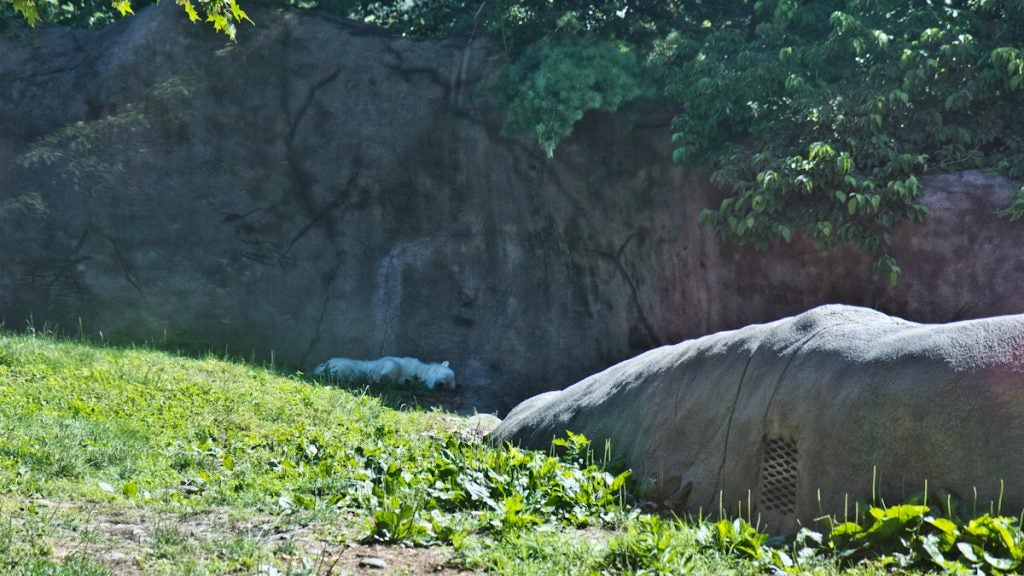
WHYY is your source for fact-based, in-depth journalism and information. As a nonprofit organization, we rely on financial support from readers like you. Please give today.


